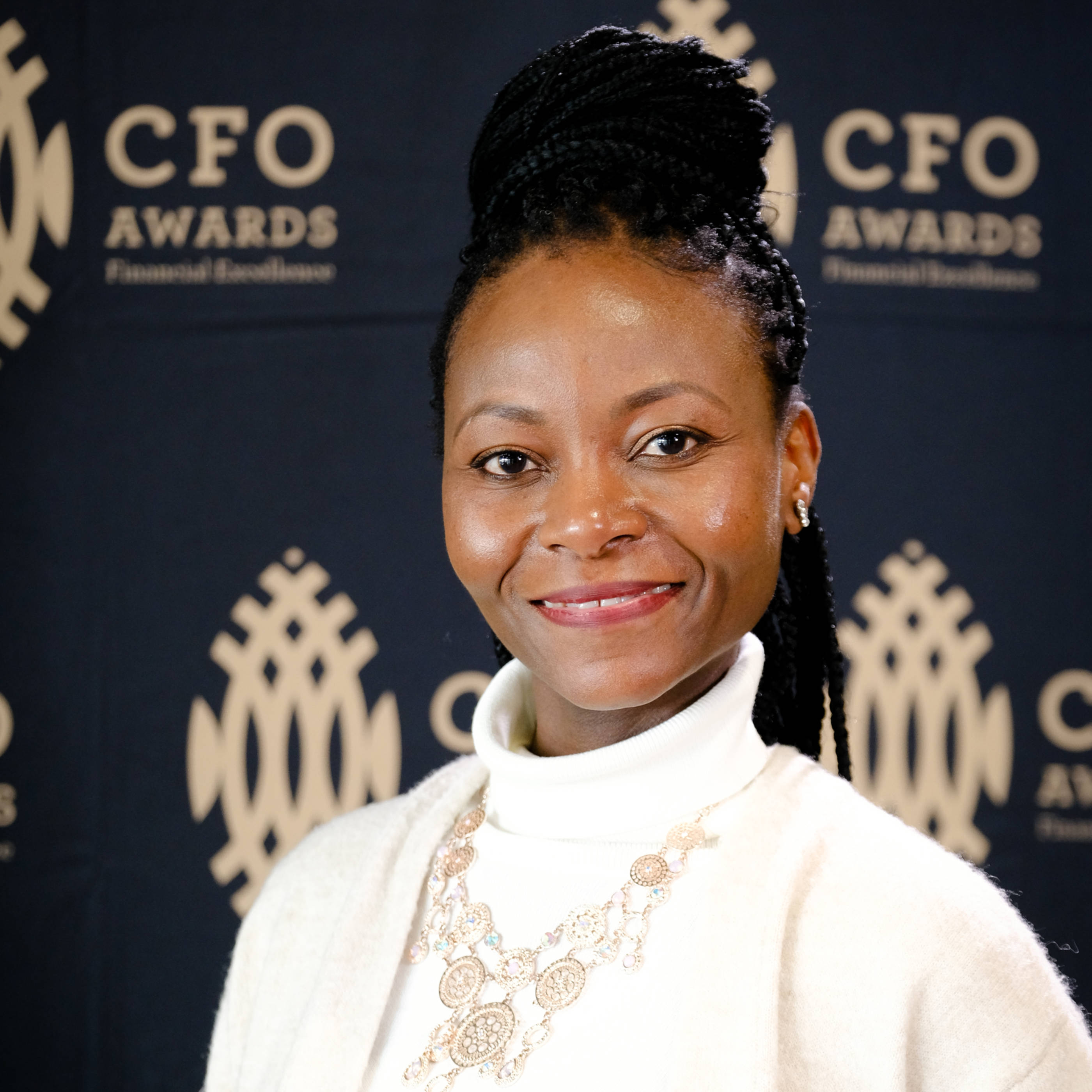SAPRO CFO Jean Penhaligon talks about unleashing the potential of technology in auditing.
Jean Penhaligon has been the CFO of SAPRO for a year now. In that time, she has delved much further into the auditing profession than most CAs do throughout their careers. CFO South Africa caught up with her to find out what she has learned in her time in the role.
1. How do you see the role of technology in the future of audit in South Africa?
The role of technology in the future of audits is paramount. I believe that the optimal approach lies in striking a balance between technology and human expertise. Technology presents immense opportunities that will reshape the auditing landscape in South Africa. It will streamline standard processes and checks, significantly reducing time requirements and allowing auditors to focus on more strategic aspects of their work. By leveraging technology effectively, auditors can enhance client interactions, gain deeper insights, and facilitate strategic planning for organisations.
2. In your opinion, what are the biggest challenges facing the auditing profession in South Africa in the next decade?
In the next decade, the auditing profession in South Africa will face significant challenges. One of the key challenges lies in the expanding skill set required of auditors. It is no longer sufficient to possess expertise solely in accounting and auditing. Auditors must adapt to the evolving technological landscape and develop a strong understanding of technology and its impact on business processes. Additionally, talent scarcity poses a challenge as skilled professionals seek opportunities abroad. To address these challenges, we need to attract and retain talent within the country and continuously adapt our approach to meet the changing demands of the profession.
3. What changes do you anticipate in the regulatory environment for auditing in South Africa in the next five to 10 years?
Over the next five to 10 years, I anticipate significant changes in the regulatory environment with an increased emphasis on maintaining higher standards of quality and integrity. We can expect the introduction of standards and guidelines that address the use of technology, both within organisations and for audit procedures. Additionally, there may be a re-evaluation of auditor rotation rules to ensure enhanced audit quality and promote independence. Stricter adherence to these regulations will contribute to a more robust and transparent auditing ecosystem.
4. How do you think audit firms can stay competitive and innovative in the face of increasing automation and digital transformation?
They must embrace technology as an enabler rather than a threat. By actively incorporating digital tools and solutions, auditors can enhance their ability to interpret results, provide valuable insights, and facilitate strategic thinking. Automation can help streamline routine tasks, freeing up auditors to focus on more complex and judgment-based aspects of their work. Furthermore, audit firms should invest in ongoing professional development to ensure their teams stay abreast of technological advancements and cultivate a culture of innovation within the organisation.
5. What skills do you think auditors will need to develop in order to remain relevant in the future of audit in South Africa?
To remain consistently relevant in audit, South African auditors will need to develop a range of skills. A thorough understanding of automated processes and the technology supporting them will be essential. Auditors should also cultivate adaptability and flexibility to navigate rapidly changing markets and evolving audit requirements. Additionally, developing expertise in data analytics and data interpretation will be crucial for auditors to extract valuable insights from complex datasets. Continuous learning and staying updated on technological advancements will be key to staying relevant in the dynamic audit landscape.
6. What role do you see auditors playing in promoting financial transparency and accountability in South Africa?
Auditors play a vital role in promoting financial transparency and accountability in South Africa. Through their independent assessments, auditors provide assurance to stakeholders and contribute to the credibility of financial information. By adhering to high standards of integrity and professional conduct, auditors uphold the principles of transparency and accountability. They play a critical role.
In closing, Jean says the dynamic and resilient nature of South Africans is a significant asset in the pursuit of innovation, transparency, and maintaining high standards of integrity in the auditing industry.
“Embracing diversity and fostering knowledge sharing within the profession can lead to the development of fresh perspectives, innovative approaches, and best practices. By collectively harnessing our strengths, we can drive positive transformation in the industry and contribute to the continued growth and success of South Africa's financial ecosystem.”











